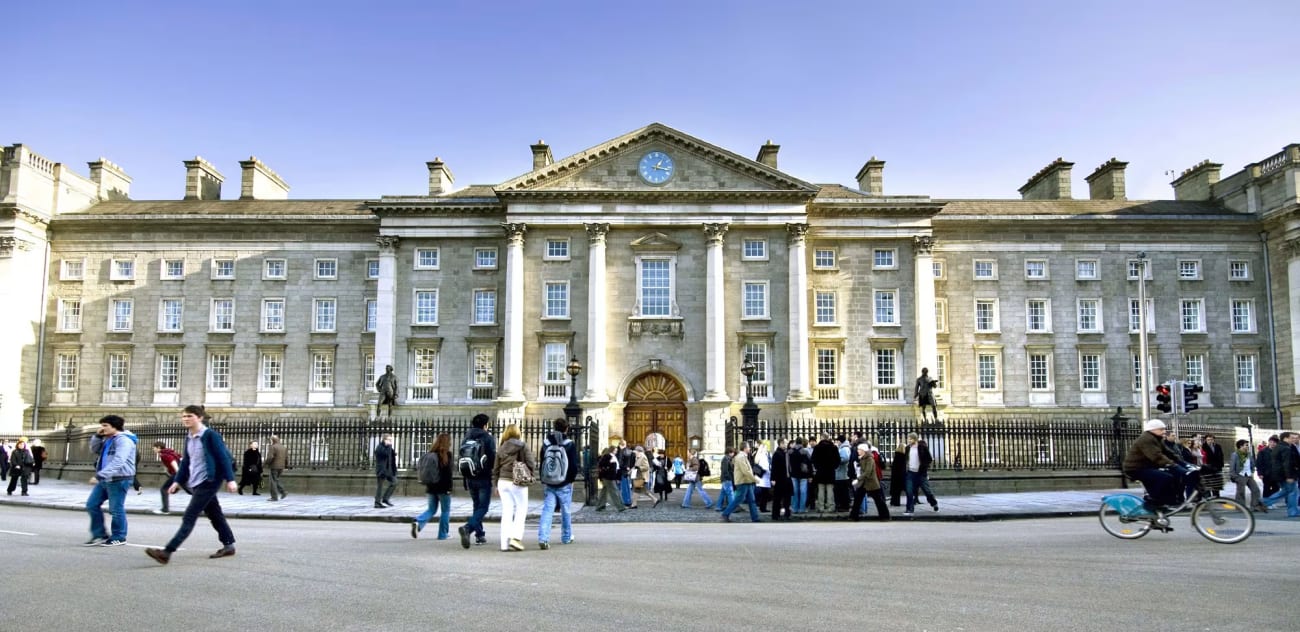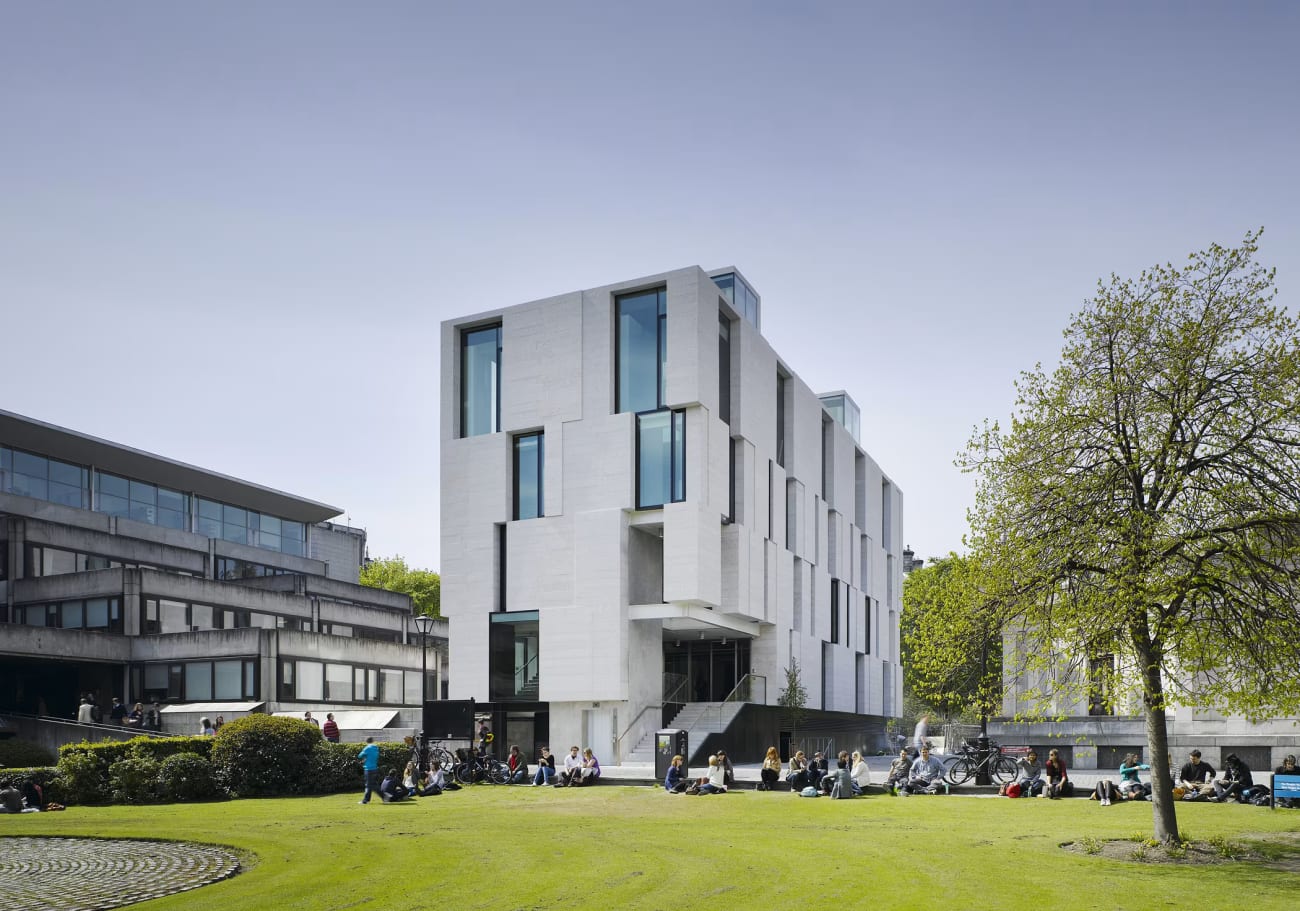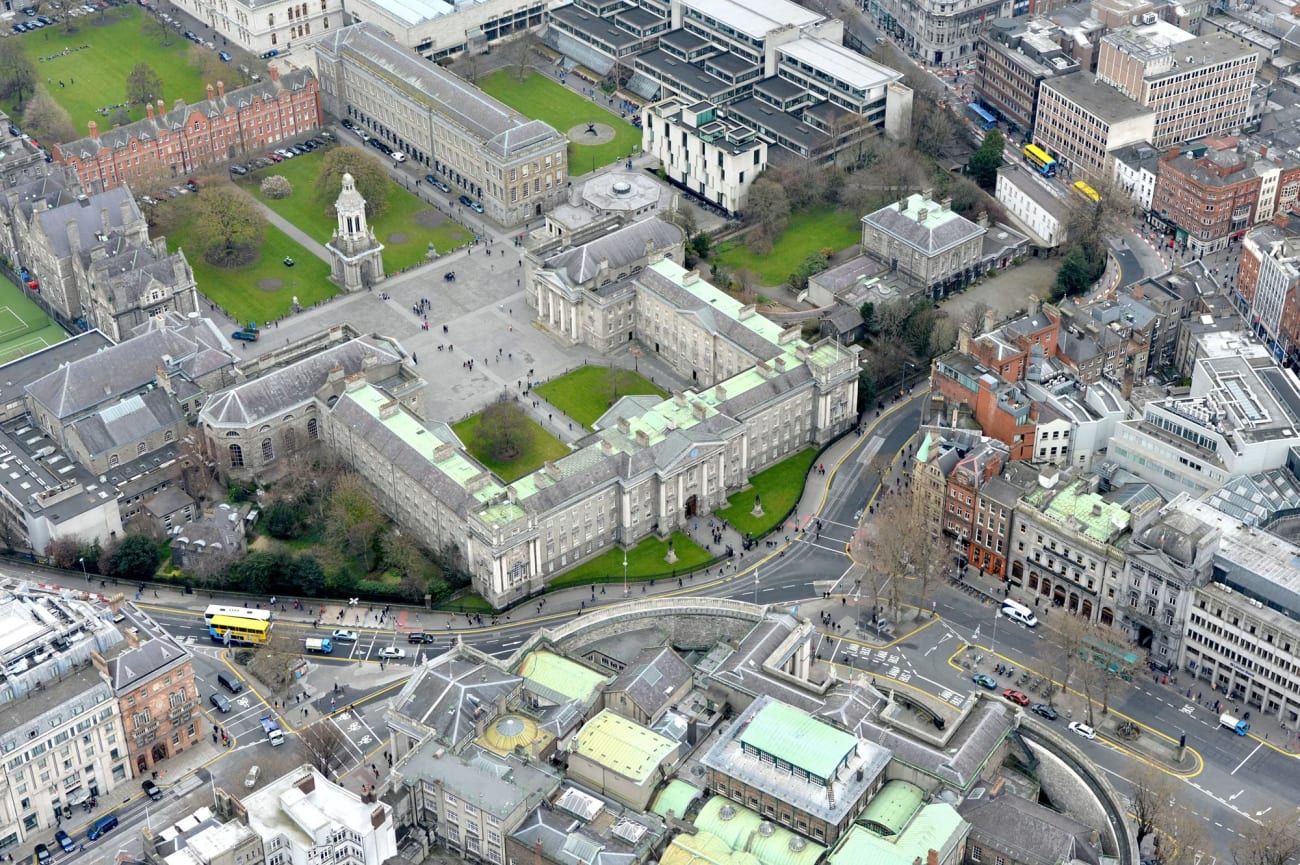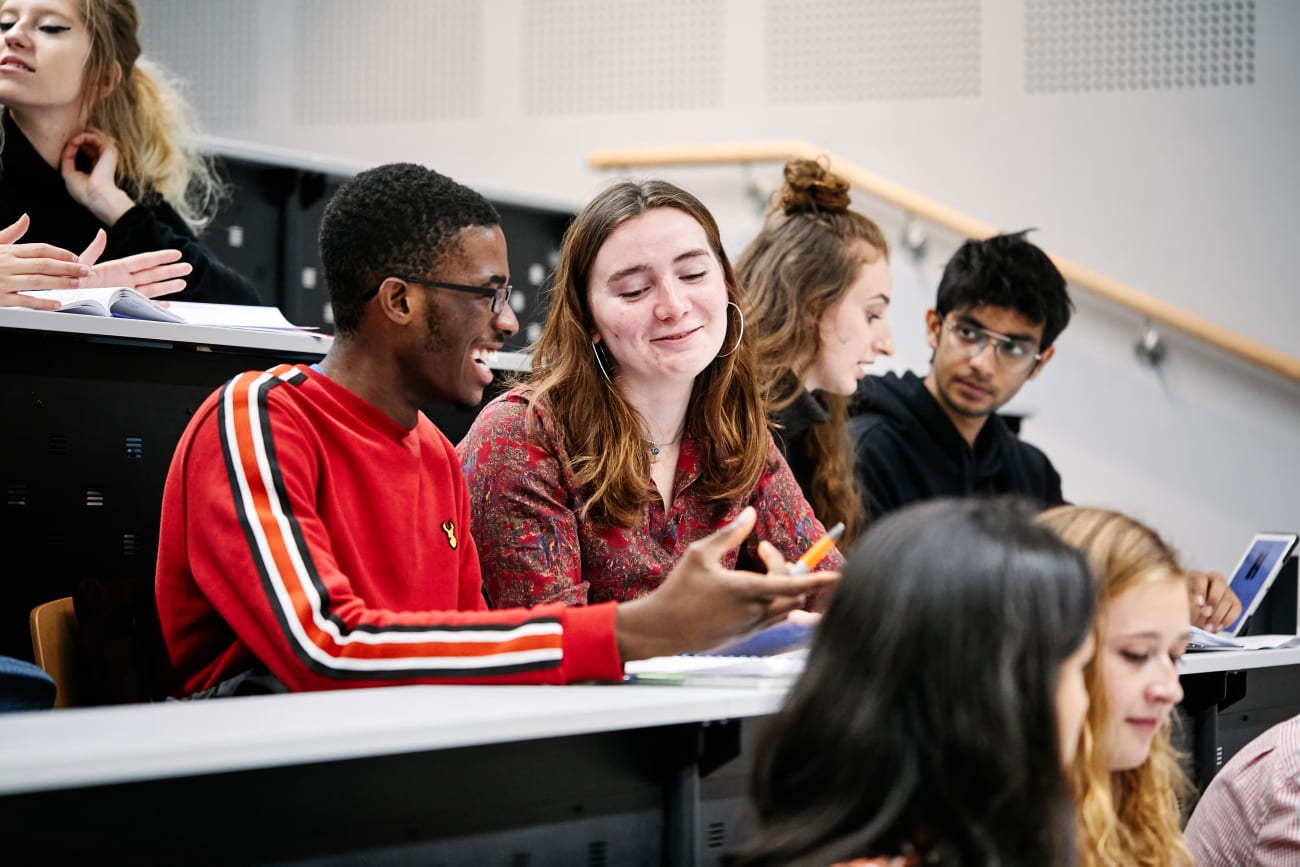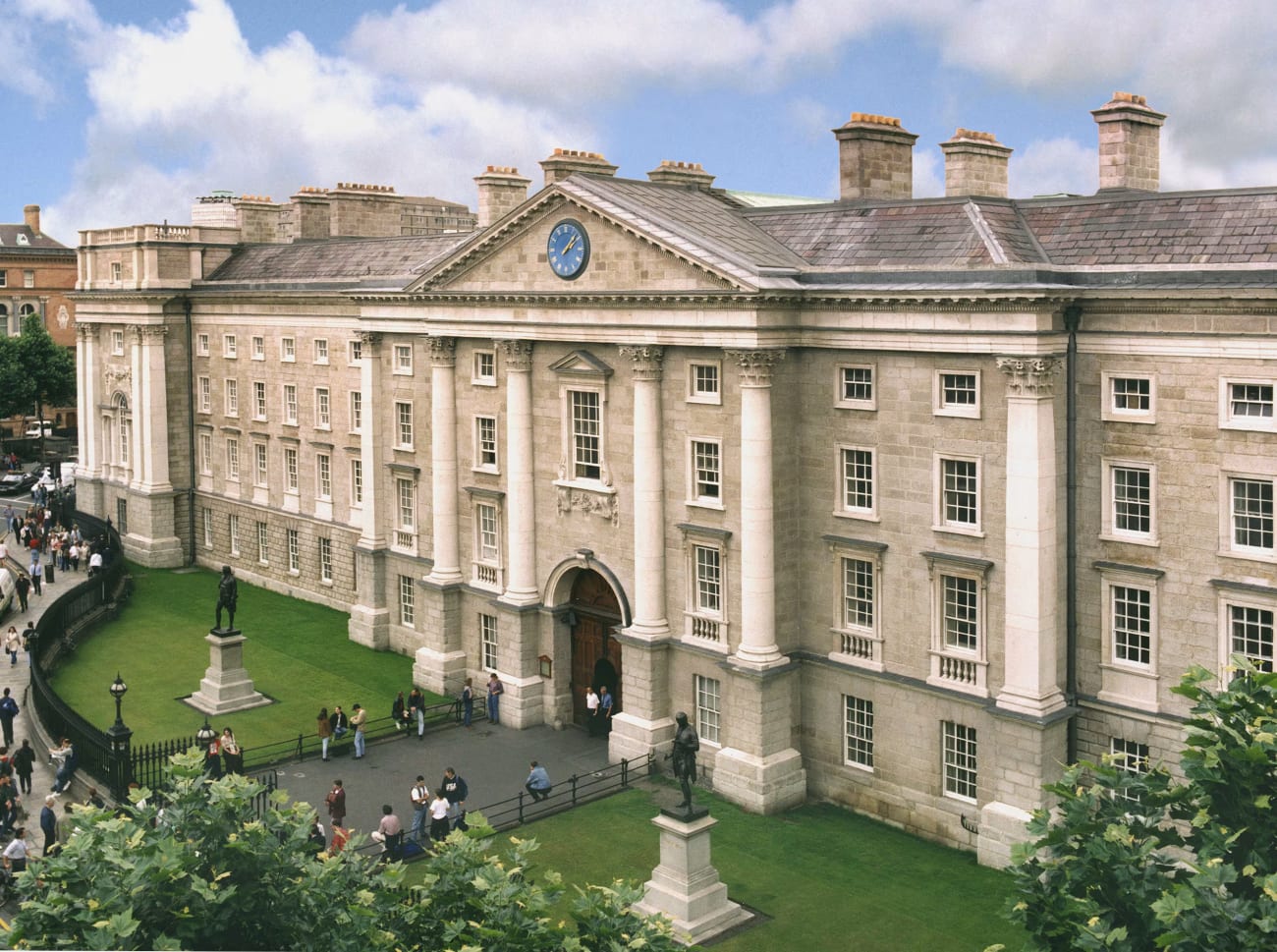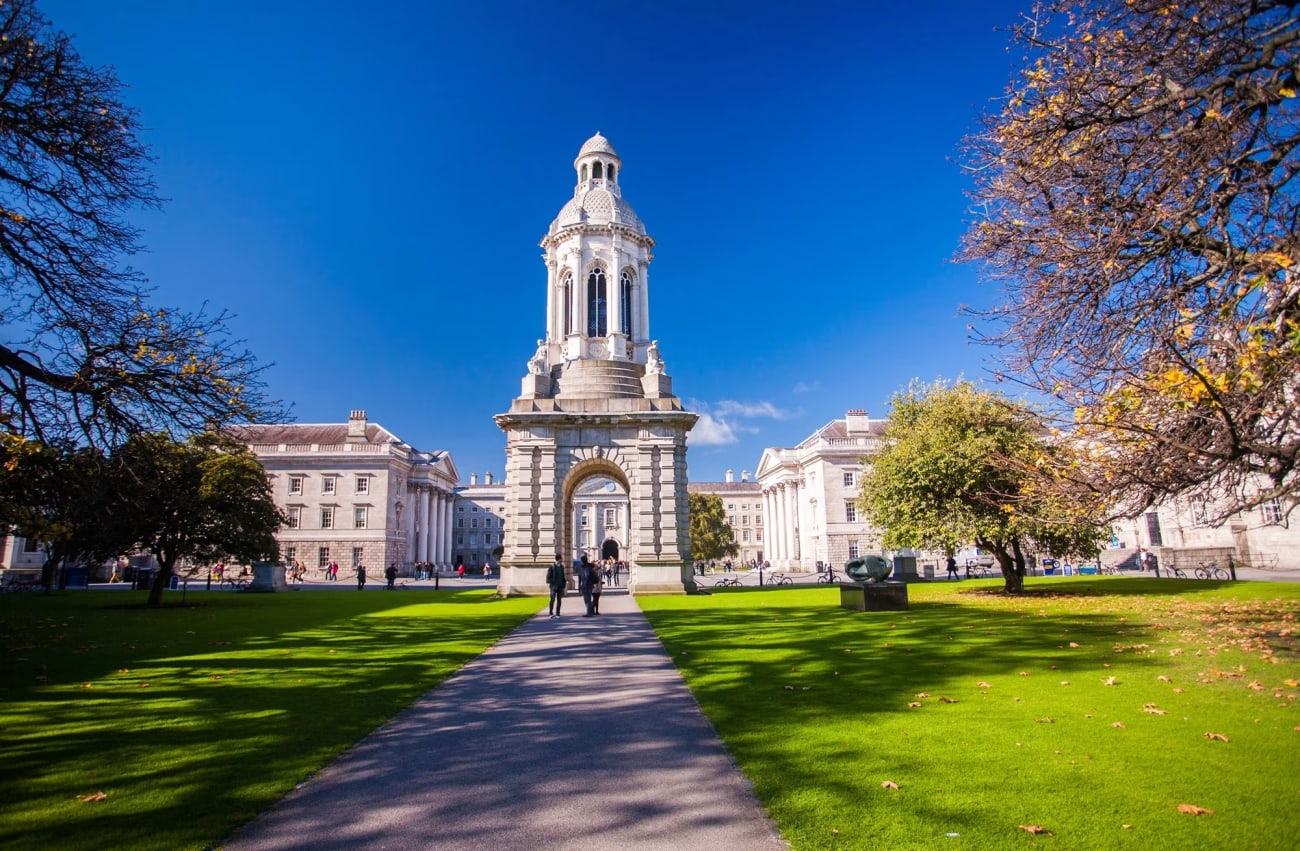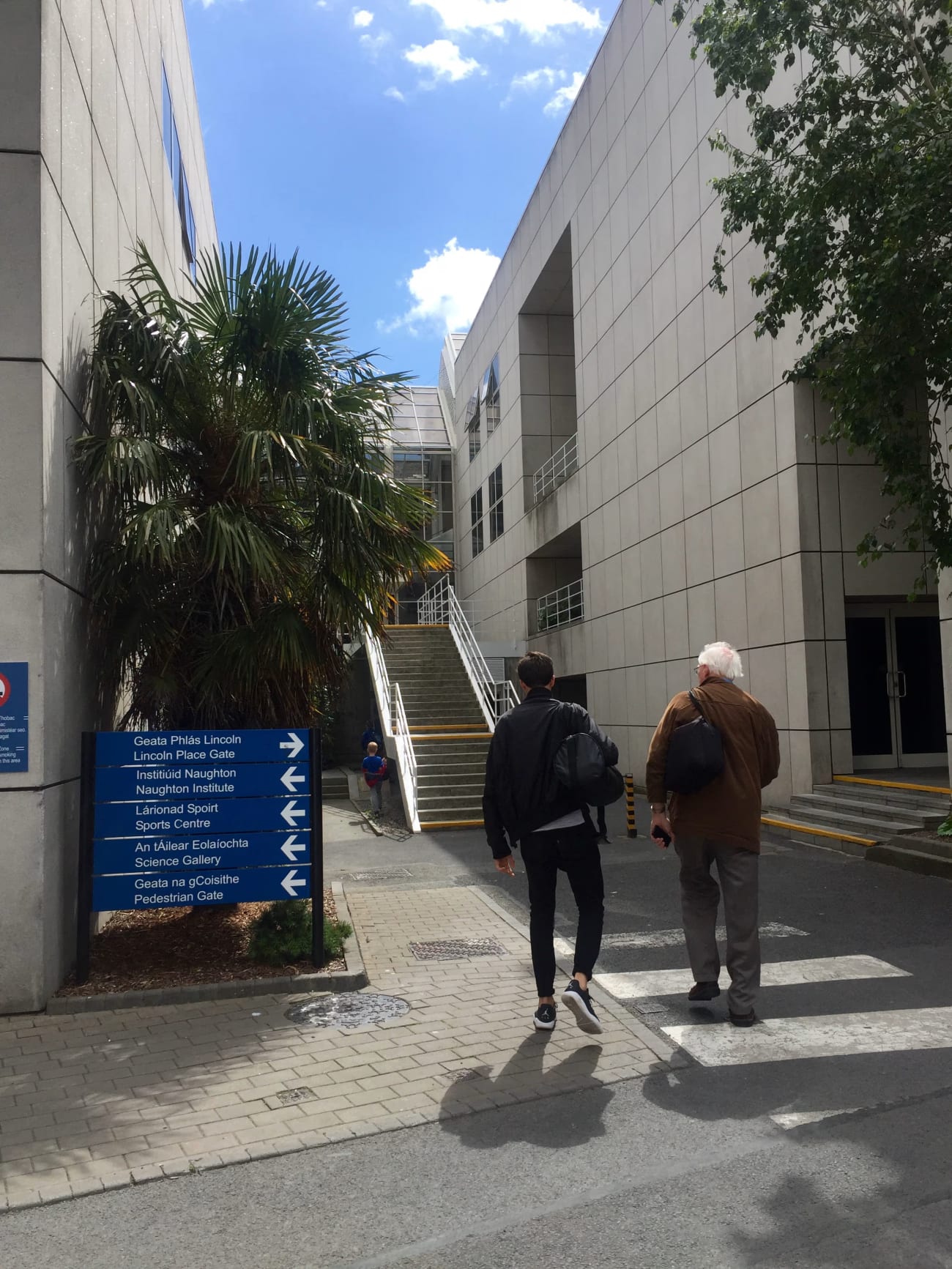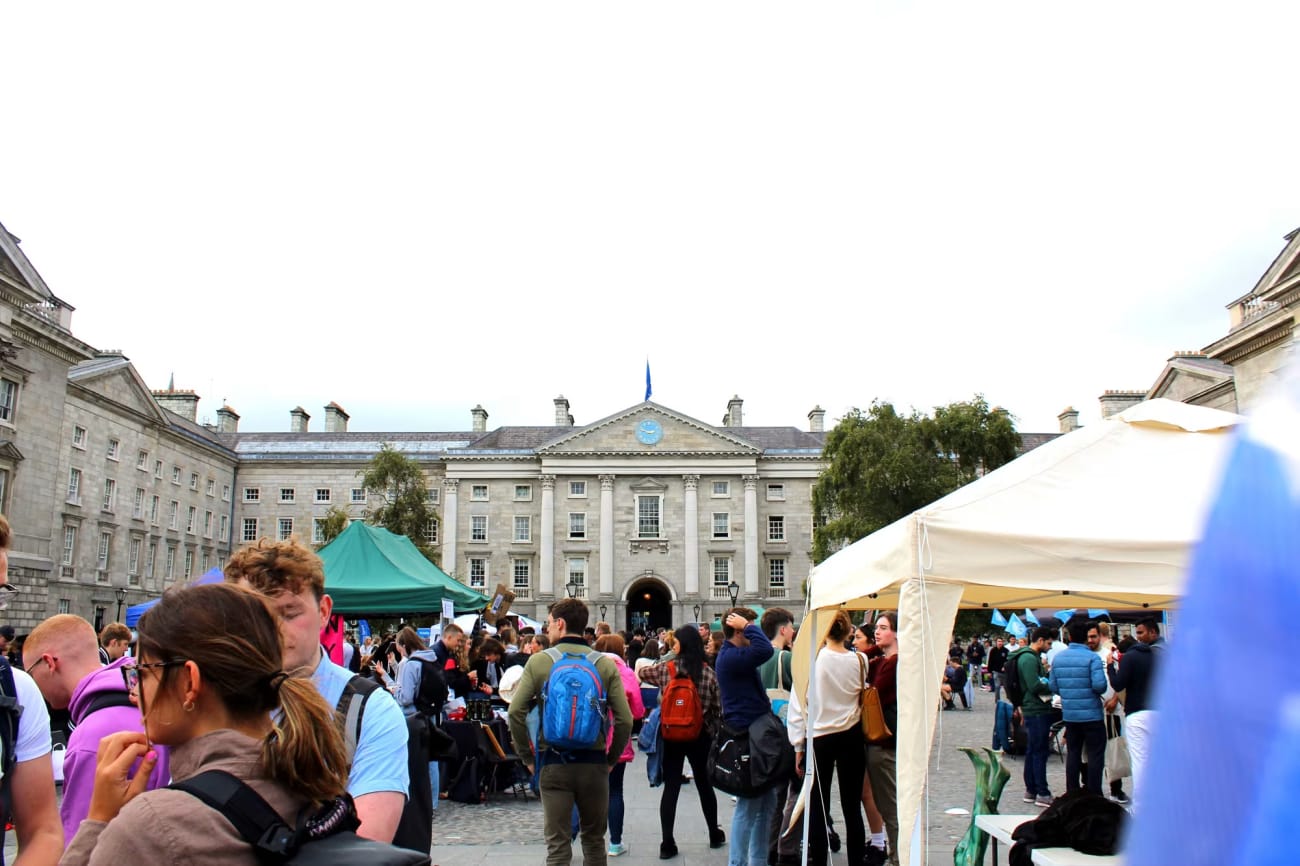Scholarships valued between €2000 to €5000 each, applied as a reduction to the tuition fees of a full-time postgraduate program for the first year of study only.
There are several scholarships available in the following areas:
Who can apply
Applicants who have non-EU status will pay tuition fees at the non-EU rate.
Selection Criteria
The scholarship will be assessed based on academic achievement, and evaluation of the applicant’s potential to contribute to the overall Trinity community.
Application process
Please submit your scholarship application as follows:
- Email your application to your Regional Officer. If you are unsure who your Regional Officer is, please select your country of residence on this page and verify the name of your Regional Officer in the “Contact Details” Section.
- Subject line: your name + Trinity application ID + Global Excellence Postgraduate Scholarship
- Scholarship Application Documents (please ensure all documents include your name and Trinity Application ID):
- Trinity Offer Letter (Applicants must have received a conditional or firm offer of a place in a Trinity postgraduate course).
- 200-word statement on “How I will contribute to our Trinity College Dublin community.” – submit in Microsoft Word document or PDF format.
- CV/Resume.
- You will receive an acknowledgment of receipt of the scholarship request.
- Your Regional Officer will inform you if you’ve been selected for a scholarship and will inform you of the process to formally accept the scholarship.
- Please note the deadline for all Americas Scholarship Applications is April 1st.
- Indian Scholarship Application deadlines and announcement dates:
- 1st Batch Deadline: 1st March
- 1st Batch Announcement: 1st April
- 2nd Batch Deadline: 1st May
- 2nd Batch Announcement: 1st June
- 3rd Batch Deadline: 15th June
- 3rd Batch Announcement: 1st July
- Applications received after 15th June will be assessed on a rolling basis depending on budget availability. The offer of scholarship will remain open for 2 weeks. You must pay the course acceptance deposit within this period. If the offer is not accepted within this time, the scholarship will be allocated to another applicant.



